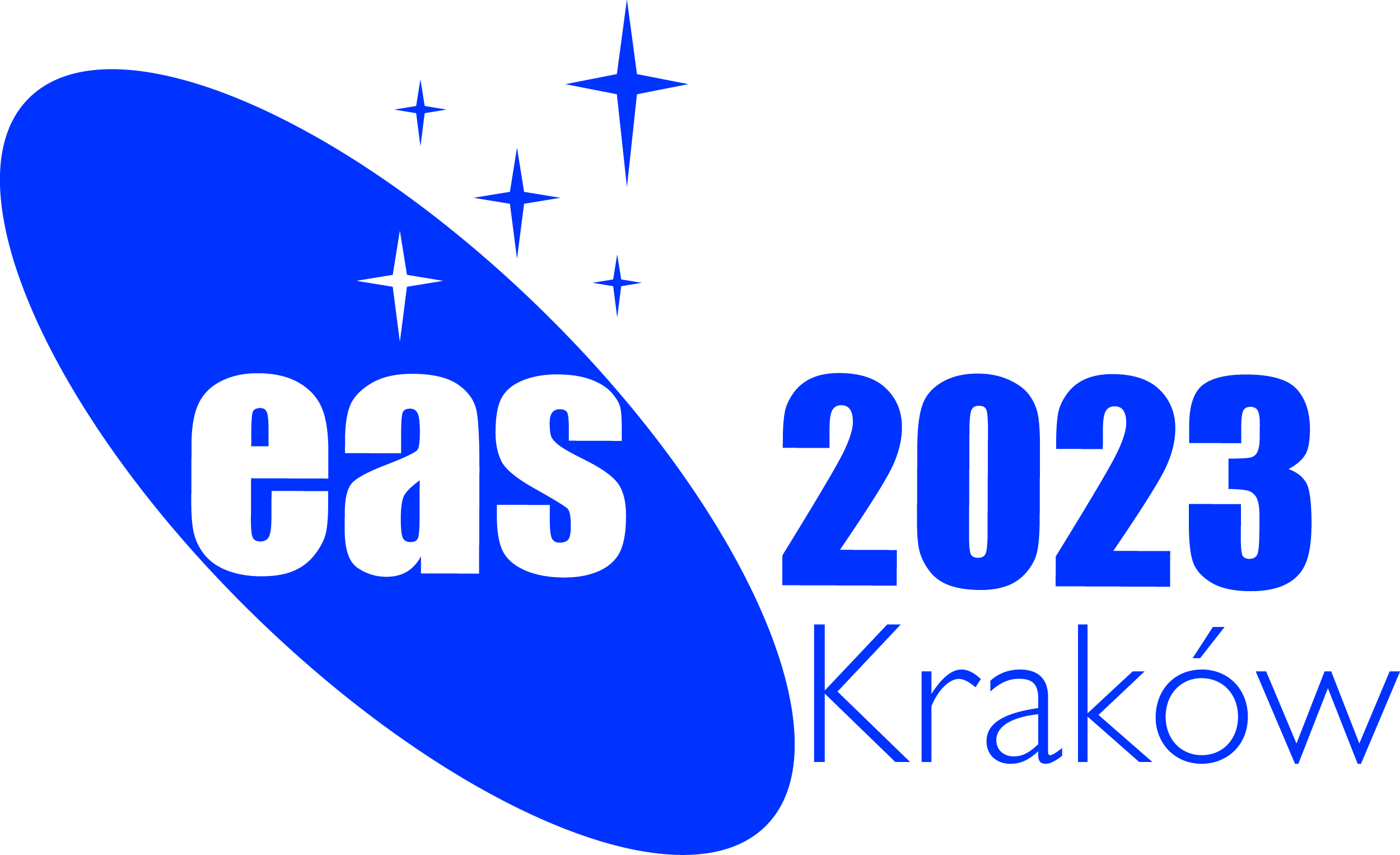
|
Special Session SS5
10 July 2023
The Solar System - from near to far - in its stellar environment at the Gaia & LSST eraNews: Recent large surveys provide unprecedented amounts of highly accurate measurements. This leads to improved modelling and provides constrains in fundamental problems in planetary science and astrophysics such as formation and evolution of the Solar System, interaction with the galactic and stellar environment, origin of water organic material and possibly life. In this session we will explore those questions in the light of results based on the latest space and ground-based surveys. Aims and scope
Asteroids and comets - being relics of the early Solar System stages - are fundamental to our understanding of its formation and history; and possibly for the origin of life as a source of water and organic material delivery onto our primitive Earth. One still intriguing source of long period comets with large eccentricities and inclinations, is the hypothetical Oort cloud. Besides, such objects can be triggered to move in the inner Solar System region as well as being ejected to interstellar space ; similarly inter-stellar objects originating from other stars have also visited our Solar system. This outer region being the interface of the solar system dynamics, the stellar environment, and galactic potential, tackles different domains of astronomy. All having shown recent development thanks to the results of recent European Gaia mission data release and show potential with the future Gaia releases, LSST surveys and the Comet Interceptor mission.
Programme
Invited speakers
Scientific organisers Daniel Hestroffer (chair) - IMCCE, Paris Observatory, France Agnieszka Kryszczynska (co-chair) - AMU, Poland Dagmara Oszkiewicz (co-chair) - AMU, Poland Elke Pilat-Lohinger (co-chair) - University of Vienna UW, Austria Antony Brown (co-chair) - Leiden univesity LU, The Netherlands Contact Daniel.Hestroffer@obspm.fr; Dagmara.Oszkiewicz @ gmail.com Updated on Thu Feb 16 12:26:00 CET 2023
|
||||||||||||
|
European Astronomical Society |
|||||||||||||
 A power cut will shut down all EAS services on Tuesday, 10 January 2017 starting at 7:30 CET.
A power cut will shut down all EAS services on Tuesday, 10 January 2017 starting at 7:30 CET.


